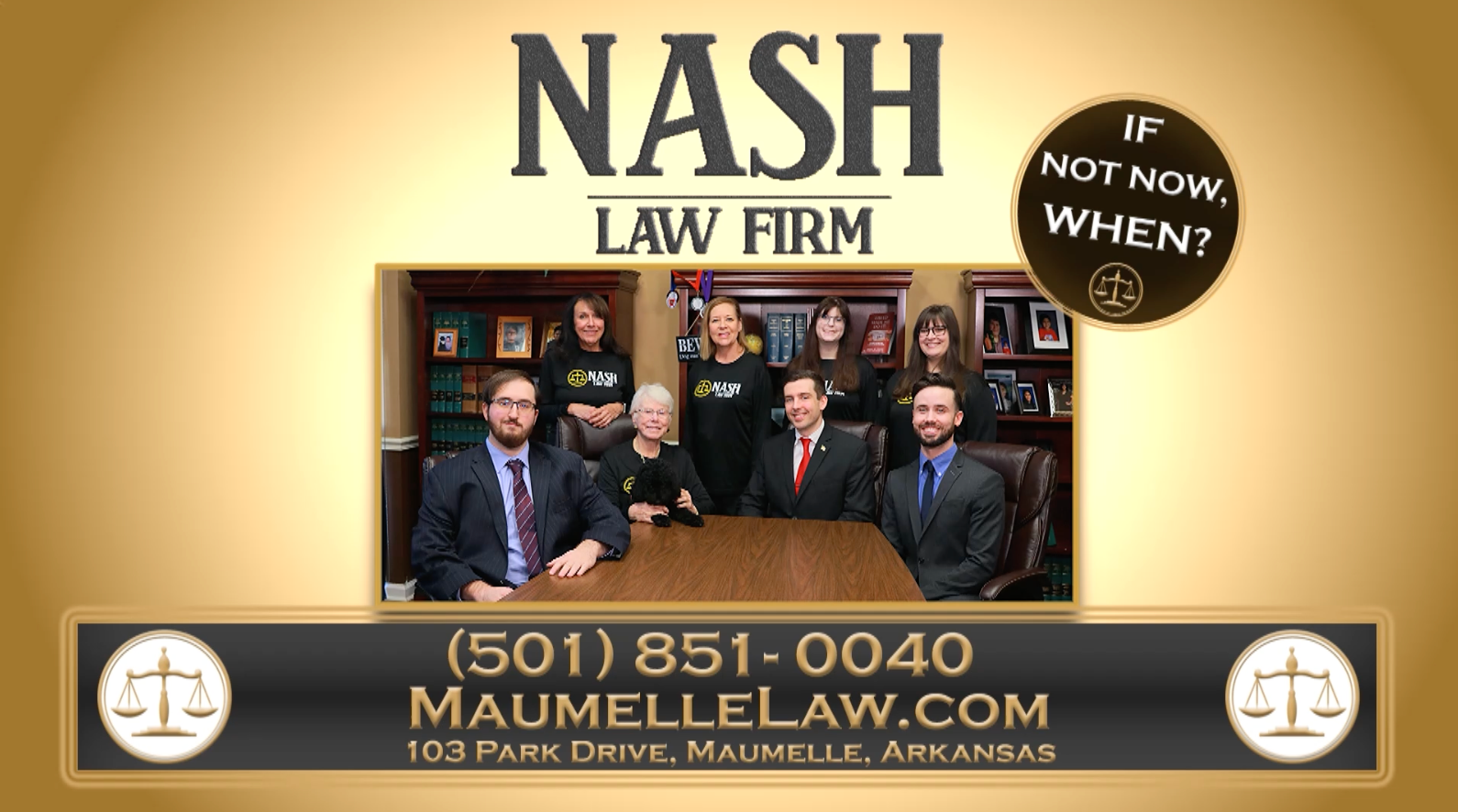Simple Tips To Get Your Estate Planning Started

Getting your estate planning started is a great way to prepare for the future. However, it can be overwhelming when you have no idea where to start. That's why we're here with some tips on how to get your estate planning started!
1. Make a list of your assets
Your first step in estate planning is to make a list of all your assets, which can seem like a daunting task. But it doesn't have to be.
Start by thinking about the things you own—they may be tangible, like real estate and vehicles, or intangible like investments and retirement accounts. They also may include collectibles like artworks or antiques that have value but don't necessarily fit into any other category.
Then think about what you owe: your debts include everything from credit card bills and student loans to mortgages on properties owned by yourself or joint tenants with others (who would inherit those properties).
2. Pick an executor
Now it's time to decide who will be your executor. Choose someone who is responsible, trustworthy, and will be able to carry out the tasks of settling an estate. You can pick a family member or a friend, but make sure they are not likely to become incapacitated or die before you do. Also keep in mind that this person may have a good relationship with you now, but their personality could change over the years if you don't stay in touch regularly.
3. Get all your records in order
Get all your records in order. There are two things to do here: 1) Gather all of your financial and legal documents, as seen in step 1. 2) Make a list of assets, debts, taxes owed, valuations, and other pertinent details about each asset. Don't forget to include any valuable personal property (such as jewelry or art), collectibles like baseball cards, antiques, or coins, and even intangible items such as online domains you own.
Keep a list of everyone who depends on you financially or otherwise. This includes spouses/partners; minor children who live with or are cared for by you; adult family members such as parents or siblings who live with you; children away at college; grown-up kids who don't live with their parents but depend on them financially; disabled family members whom the person helps support (including adult children); people under age 18 who receive child support.
Organize important documents like birth certificates, passports, and social security numbers so that they're easy to access if needed during an emergency situation such as hospitalization or an accident recovery period where there won't be enough time
4. Set up a trust, if necessary.
A trust is a legal entity that holds assets for the benefit of others. There are three types of trusts: living, testamentary and irrevocable. Living trusts are living documents that allow you to transfer assets into a trust while you're still alive. Testamentary trusts are created through your will, and they take effect after your death. Irrevocable trusts are also created through a will but can't be changed once they're set up.
5. Share key information with your spouse or children.
You should also share with your spouse or children if you choose to include them in the planning process. This is a great way to have an open dialogue and make sure everyone knows what's going on.
6. Figure out what you want to do with lifetime gifts.
Lifetime gifts are exactly what they sound like: gifts given during your lifetime, rather than after your death. Lifetime gifts come in many forms, including cash and property (including real estate), retirement accounts, life insurance policies, and other investments.
The benefits of making a lifetime gift are pretty clear—you can get rid of assets that no longer have value to you, provide for those who need it most without having to wait until death to pass them on, or even avoid capital gains taxes by transferring an asset before selling it yourself.
7. Update as needed
Once you've created your estate plan, it's important to keep it up-to-date. Every time you have a significant life change—like getting married or divorced, having a child, or starting a business—you'll need to make sure that your will and other documents reflect these new circumstances. Also, if you're in the process of paying off debt or saving for retirement, now is the time to update your estate planning documents so they reflect these goals.
Estate planning can seem daunting but with the right approach it can be very manageable and painless
There are many ways to get started on your estate planning. The most important thing is that it should be something you do for yourself and the people you love.
Contactour firm today to schedule your free estate planning consultation.









![Nash Law Firm Logo [click to return home] Nash Law Firm](https://lirp.cdn-website.com/8c4d5b2c/dms3rep/multi/opt/nashlogo_colorgray_horz-1920w.png)


![Nash Law Firm Logo [click to return home] Nash Law Firm Logo](https://lirp.cdn-website.com/8c4d5b2c/dms3rep/multi/opt/nashlogo_whgold_horz-1920w.png)

